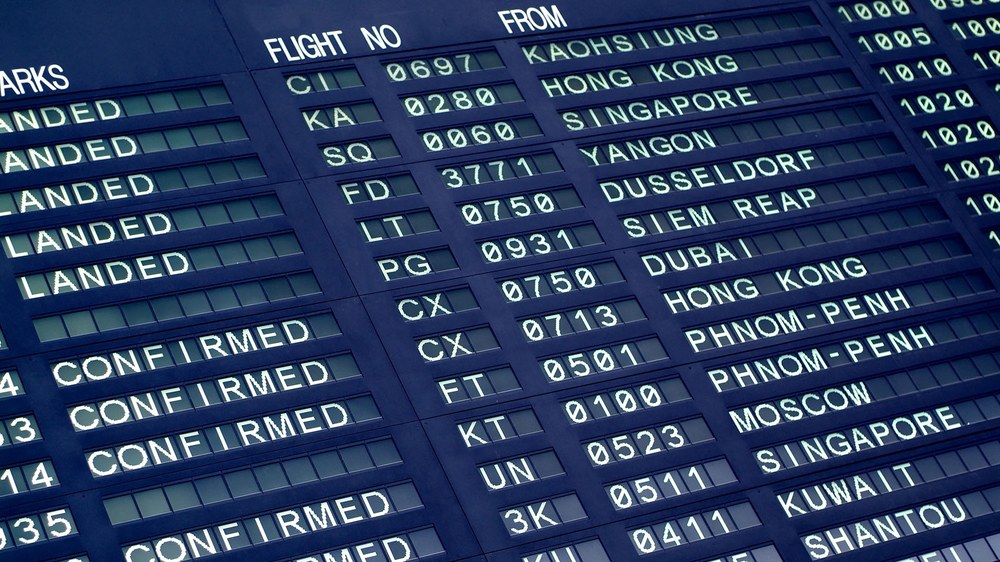Department Air Transport Management

Thor Jorgen Udvang – stock.adobe.com
Air traffic is characterised by a complex interaction of different actors, such as airlines, air traffic control service providers and airports, which strive to ensure the transport of passengers and freight in a safe and efficient manner in the face of growing social requirements.
What are we working on?
In the Air Transport Management department, a business competence center is being set up for DLR with a focus on the players in the aviation industry mentioned above. The related research includes in detail:
- Economic analysis of airlines and airports as entrepreneurial units and comparison based on individual economic criteria
- Modeling and mathematical optimization of airline processes (virtual operator), e.g. network planning, fleet planning, scheduling, vehicle rotation planning, crew planning, revenue management
- Digitization and linking of processes, efficient use of available information with data science methods and promotion of cooperation between different actors in the operation of aircraft
- Evaluation of innovations in the fleet operational context (network, fleet, schedule, passenger) as a contribution to the impact assessment at fleet level and globally
- Derivation of requirements for new technologies based on differentiated aviation operational contexts
- Development of business models, strategies and measures for airlines in response to external changes (technology, costs, demand, regulation, crises)
- Investigating cross-modal issues for the aviation industry (cooperation, competition, energy sources)

The department specialises in the application and further development of methods of business assessment, operations research and data science to problems in the aviation industry. Depending on the question, e.g. financial models, optimization models, discrete choice models, simulations, machine learning methods, surveys or expert interviews are used. Another basis for the research is the existing broad database on flight schedules, passenger flows, booking data and aircraft fleets with worldwide coverage.
